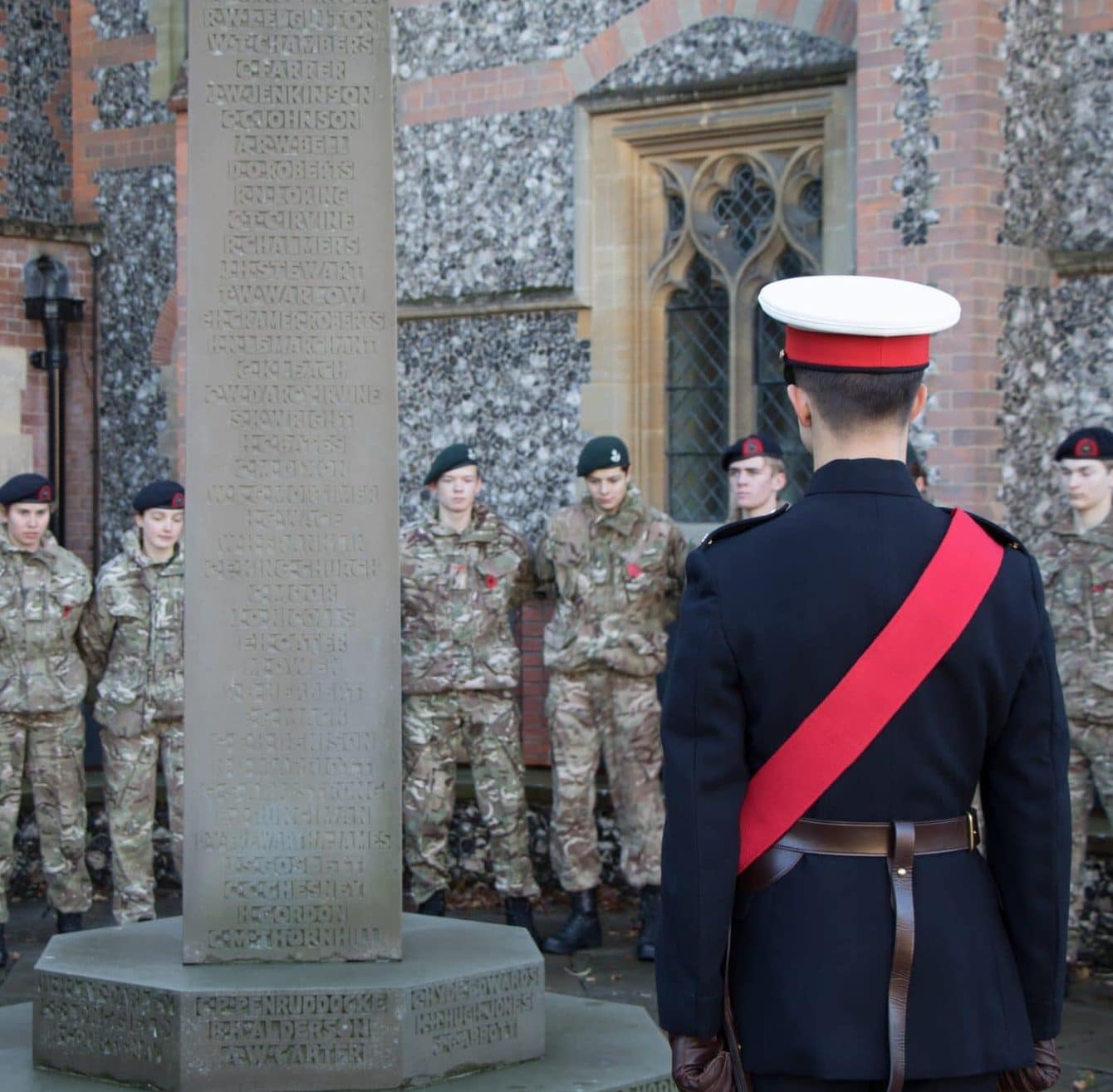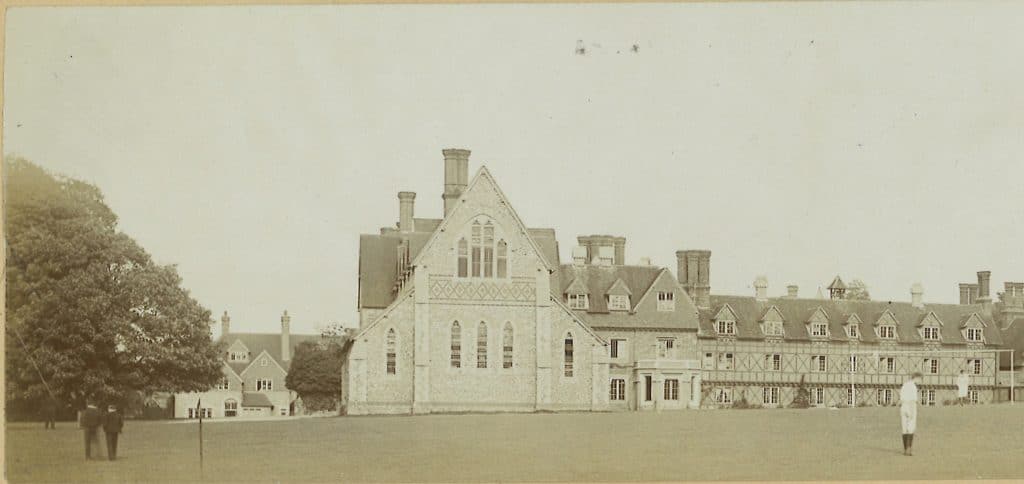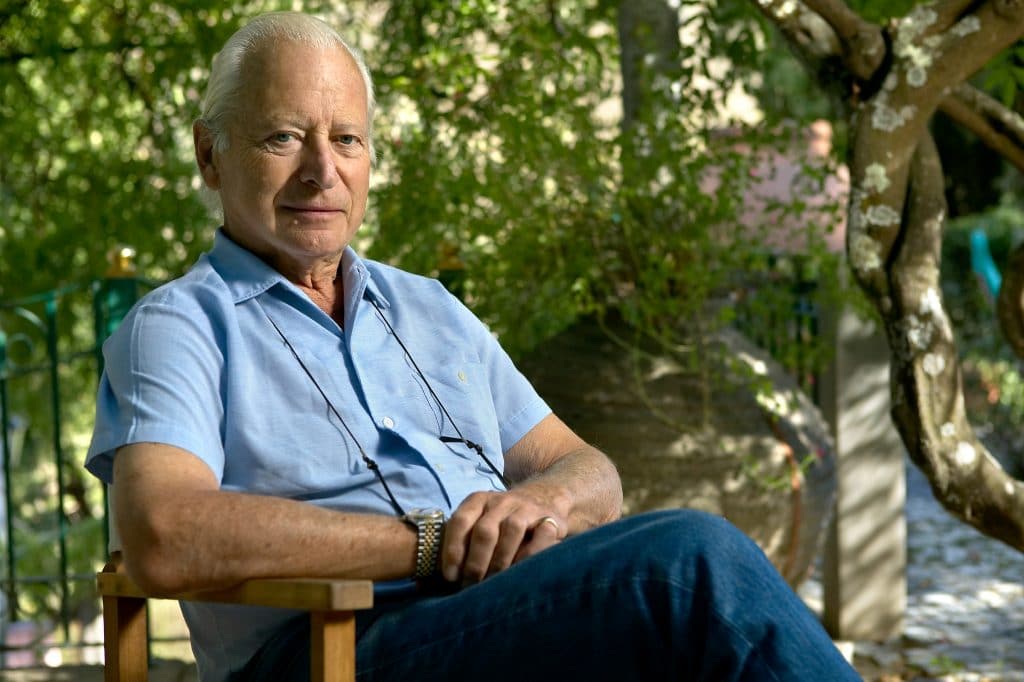In WWII as well, tens of thousands of men and women, military and civilians, once again came to our aid in the most dangerous moment in our history to date. My own mother drove ambulances during the blitz. People came to fight from the USA, before they entered the war, from Poland, Denmark, Norway and elsewhere. Many came because they felt the need to do something about the evil they saw.
And in both World Wars nearly 50,000 civilian merchant seamen died, bringing vital food and supplies to this country, a casualty rate proportionately higher than in any of the Armed Services. Most of these sailors have no grave but the sea; nothing tangible for their families and descendants, although they at least have memorials. Less so the merchant seamen of other nations who also died bringing us food and raw materials. What can we learn from all this?
It is right that we should honour the memory of our soldiers, sailors and airmen. We would have lost our freedom and way of life without their courage and sacrifice. But we must also all recognise our great debt to so many other people in our own country, and elsewhere, for our survival, and for our free, comfortable, relatively safe and prosperous lives today.
No natural law guarantees us these things, denied to many people across the globe. Historically they are an aberration. They have to be earned and, when necessary, defended. And they must be shared. Many of those who came here from far away were under no obligation other than their personal sense of justice, rightness, generosity, and a commitment to decency and principle, to die for us, people in a foreign country they did not know. This gives us an inescapable obligation today to assist their descendants when necessary.






